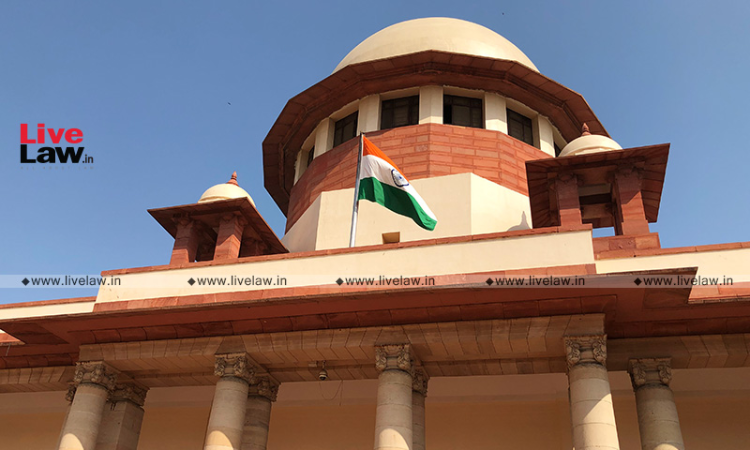Time Limit For Filing Of Written Statement Under Order VIII Rule 1 CPC Is Not Mandatory: Supreme Court
Ashok KM
10 May 2022 8:00 PM IST

Next Story
10 May 2022 8:00 PM IST
The Supreme Court has reiterated the time limit for filing of the written statement under Order VIII Rule 1 of Code of Civil Procedure is not mandatory (if it is not a commercial suit).In this case, a suit for injunction was filed by the plaintiff. The High Court upheld the Trial court order refusing to condone the delay of 193 days in filing of the written statement on the ground that there...
